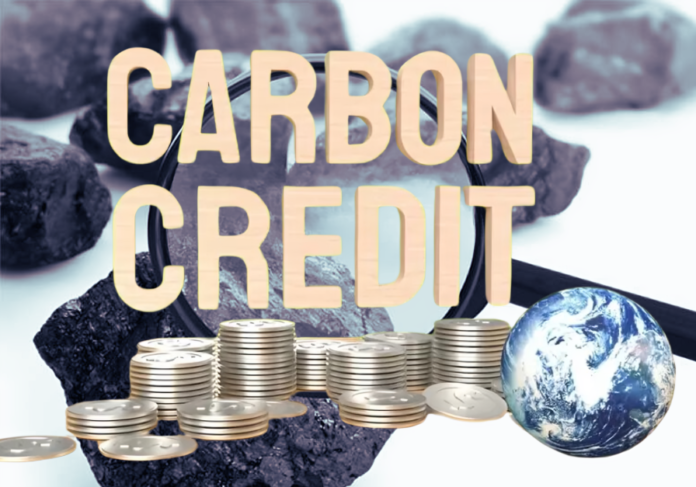Pakistan has unlocked a significant economic opportunity in the form of carbon credit exports, a market that has emerged due to increasing climate change legislation. Experts reveal that the country could potentially earn a staggering $1 billion annually by participating in the voluntary carbon credit market, which continues to grow globally.
This revelation was brought to light during a special briefing organized for the Council of Economic and Energy Journalists at the Climate Action Centre. The briefing featured presentations from Yasir Hussain, Director of the Climate Action Centre, environmental consultant Zoya Tanyu, and Mujtaba Baig. They discussed how carbon credit exports could serve as a financial lifeline for Pakistan amidst worsening climate challenges.
Environmental experts have long warned that although Pakistan contributes less than 1% to global pollution, it faces devastating consequences from climate change, resulting in an annual economic loss of $4 billion. The increasing temperatures are exacerbating pollution levels and damaging key crops like wheat and cotton, further straining the country’s public healthcare system due to rising costs associated with pollution-related health issues.
According to the experts, Pakistan is in a prime position to capitalize on the global carbon credit export market by utilizing its agricultural and horticultural sectors to absorb carbon dioxide. The voluntary carbon credit market has expanded to an impressive $950 billion and is projected to continue its growth. However, to fully benefit from this market, Pakistan must meet basic requirements such as providing a consultant report and undergoing third-party verification for the credits.
The unchecked discharge of untreated industrial wastewater into waterways, combined with increasing vehicle emissions, continues to pollute Pakistan’s environment. Massive amounts of greenhouse gases are being released into the air, further contributing to climate change and exacerbating the environmental crisis in the country.
As a signatory to the Paris Agreement, Pakistan has committed to limiting the net temperature increase to 1.5%. However, in some regions like Karachi, the temperature rise has already reached 2% over the past decade. Under the Paris Agreement, reducing pollution is critical, and participating in the global carbon credit export market could help Pakistan meet its environmental targets.
Also Read: Pakistan Mango Exports Hit $46.7 Million
Sources further revealed that the textile export industry in Pakistan has started voluntarily disclosing pollution levels due to increasing demands from foreign buyers. Without such disclosures, Pakistani exporters may face restrictions in global markets after 2028, as compliance with environmental regulations becomes mandatory for trade.
Also Read: Pakistan Apparel Exports to China Rise 5%
With the global carbon credit market now valued between $50 billion to $500 billion, according to various estimates, Pakistan’s participation in carbon credit exports represents a significant step toward combating climate change while bolstering its economic resilience in the face of ongoing environmental challenges.


